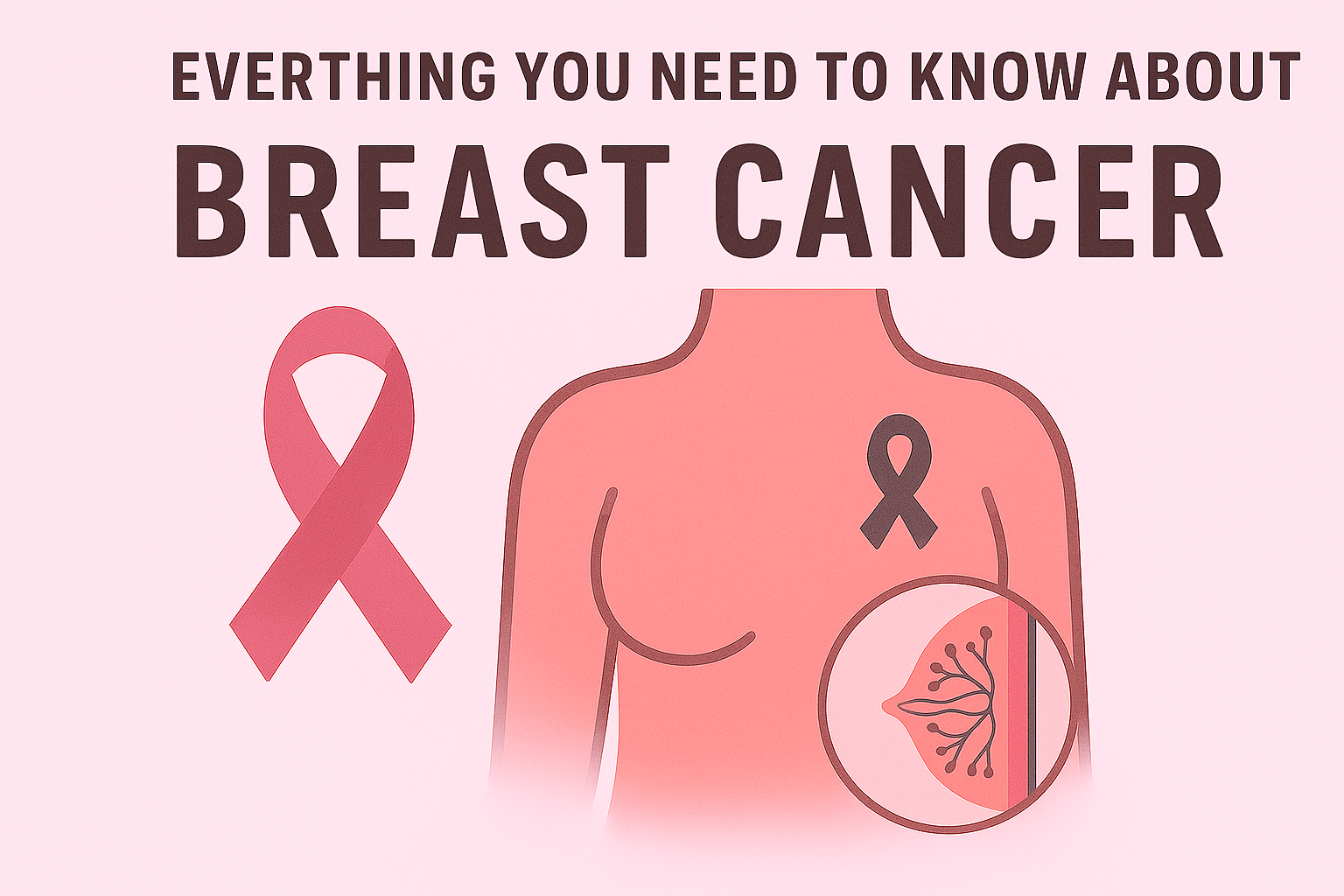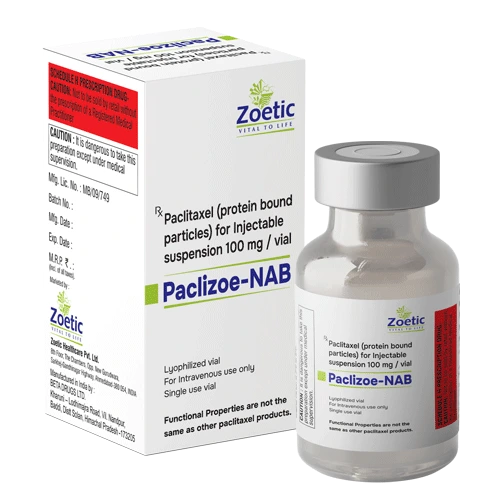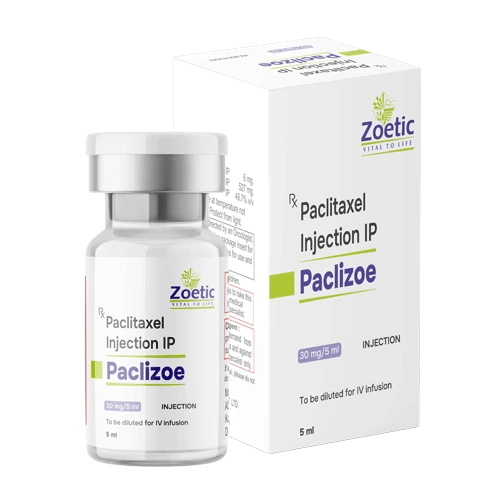What Is Breast Cancer?
Breast cancer occurs when normal cells in the breast begin to grow uncontrollably, forming a lump or mass. In many cases, individuals discover the disease after noticing a lump in the breast. However, breast cancer is often detected during routine screening—sometimes before any symptoms are noticeable.
Although breast cancer is significantly more common in women, it can occur in anyone. In some cases, it may run in families, suggesting a hereditary link.
How Is Breast Cancer Detected?
Yes, there are specific tests used to detect breast cancer. The most common screening tool is a mammogram, a specialized X-ray of the breast. If a mammogram shows something unusual, doctors typically recommend further imaging tests such as ultrasound or MRI for a closer look.
In some cases, a biopsy is needed. This involves taking a small sample of breast tissue, which is then examined under a microscope to check for cancer cells.
What Does Breast Cancer Staging Mean?
Staging helps doctors understand how far the cancer has spread in the body. The stage of the disease is a key factor in determining the most appropriate treatment plan.
What Are the Treatment Options for Breast Cancer?
Treatment for breast cancer often involves a combination of approaches, tailored to the individual’s specific condition. Common treatments include:
- Surgery – Most patients undergo surgery to remove the cancer. There are two main surgical options:
- Mastectomy: Removal of the entire breast. Some individuals may also consider breast reconstruction, either at the same time or at a later date.
- Breast-conserving surgery (Lumpectomy): Removal of the cancerous area and a margin of surrounding healthy tissue. This option usually requires radiation therapy afterward to reduce the risk of recurrence.
- Radiation Therapy – Uses high-energy rays to destroy cancer cells and reduce the chance of the cancer returning.
- Chemotherapy – Involves medications that kill cancer cells or prevent them from multiplying. It may be given:
- Before surgery (neoadjuvant chemotherapy) to shrink the tumor
- After surgery (adjuvant chemotherapy) to eliminate remaining cancer cells
- Endocrine (Hormone) Therapy – Some breast cancers grow in response to estrogen. Hormone therapies either block estrogen or stop the body from producing it.
- Targeted Therapy – These drugs are designed to target specific characteristics of cancer cells, such as certain proteins or genetic mutations. Testing can determine if your cancer is suitable for this approach.
- Immunotherapy – This treatment boosts the body’s immune system to help recognize and attack cancer cells. It is often used in combination with chemotherapy for certain advanced breast cancers.
What Happens After Treatment?
Following treatment, you’ll need regular follow-ups to monitor for any signs of recurrence. These typically include physical exams and imaging, such as mammograms.
You should also stay alert for any new symptoms that might suggest the cancer has returned, such as:
- A new lump or thickening in the breast or underarm area
- Bone pain or discomfort in the chest or abdomen
- Difficulty breathing
- Persistent headaches
If the Cancer Returns or Spreads
If breast cancer returns or spreads to other parts of the body, treatment will depend on the location and extent of the disease. Options may include:
- Hormone therapy
- Chemotherapy
- Additional surgery, if feasible
What Can You Expect Moving Forward?
A breast cancer diagnosis can be emotionally and physically overwhelming. However, many individuals respond well to treatment and continue to lead fulfilling lives. To support your recovery and overall well-being:
- Take all prescribed medications as directed.
- Adhere to your healthcare team’s recommendations regarding follow-ups and testing.
- Report any side effects or new symptoms to your doctor promptly.
Emotional support is also vital. Consider joining a support group or connecting with others who have experienced breast cancer. Talking about your experience can help you feel less isolated and more empowered during your recovery journey.
Reference
- www.uptodate.com/overview-of-the-treatment-of-newly-diagnosed-invasive-non-metastatic-breast-cancer
- www.uicc.org/thematic-areas/breast-cancer
- md-journal/breast_cancer__a_review_of_risk_factors
DISCLAIMER: The information provided in this blog is for educational and informational purposes only and is not intended as a substitute for professional medical advice, diagnosis, or treatment. Always consult your physician regarding a medical condition.




